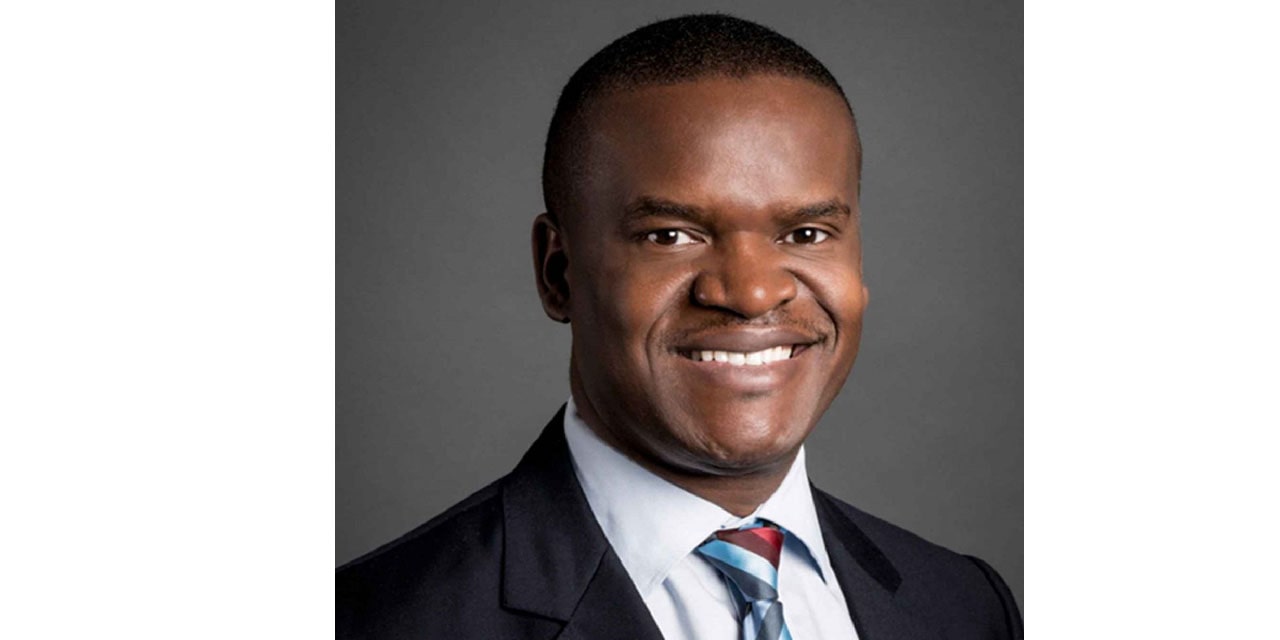Tujoromajo Kasuto
The Namibian National Corporation (NAMCOR) and the Ministry of Mines and Energy have both denied that Shell has discovered hydrocarbons in the Jonker-1 well, which it began drilling in December to look for a possible eastern extension of Total’s Venus discovery.
The primary constituents of crude oil and natural gas are hydrocarbons. According to Upstream, early indications from the new discovery are promising..
Meanwhile, Andreas Simon, Senior Public Relations Officer (PRO) in the Ministry of Mines and Energy (MME), says the information is speculative and was released by sources other than the Ministry or the Joint Venture partners/Namcor.
“Our position is that the drilling of the Jonker-1 well is ongoing, and as soon as the drilling is completed, the public will be informed of the drilling outcome. The media & public should expect and make use of credible information regarding the drilling operations from the MME, or Namcor,” he said.
Similarly, NAMCOR Managing Director Immanuel Mulunga shared the same sentiments saying that he cannot “confirm the announcement since drilling has not been completed”.
The Company’s Spokesperson, Paulo Coelho, added to this, stating that consultations with Shell and the Mines Ministry are still ongoing.
“we’re unable to comment on the latest Shell discovery until we finalise our consultation with Shell as our JV partner and the MME. The drilling is still underway and we cannot comment at this time,” he said.
According to Upstream, three informed sources told them that Jonker-1 has recently discovered hydrocarbons in a shallow reservoir, providing significant hope for what may yet be discovered in the probe’s deeper primary objective.
Shell was also said to be allegedly conducting in-hole flow tests on this secondary target last week.
This follows on from Shell successfully completed drilling its first exploration well (Graff-1) in PEL 0039, located offshore southern Namibia, in February 2022.
“We’re very encouraged by the early results from the deep-water Graff-1 exploration well, which established a working petroleum system and the presence of light oil,” said Dennis Zekveld, Shell’s Country Chair in Namibia.
He had stated that they will need to conduct additional exploration activity and further evaluate the well results in the coming months to determine the size and recoverable potential of the identified hydrocarbons.
In April 2022, Shell made a second Orange Basin discovery in the La Rona-1 prospect in PEL 0039, where the well confirmed hydrocarbon pay at multiple levels.
Further drilling in PEL 0039 started towards the end of 2022.
Shell has a 45 percent working interest in PEL 0039, along with QatarEnergy (45 percent) and NAMCOR (10 percent). PEL 0039 encompasses approximately 12,000 km2 of deep water off the coast of Namibia.
Exploration remains an important part of Shell’s Upstream business, which is critical in meeting today’s energy needs while also providing the funding required to support our dividend and invest in our growth businesses.
According to Shell, frontier exploration is a multi-phase endeavour that typically takes several years to produce first commercial hydrocarbons in a successful case.




